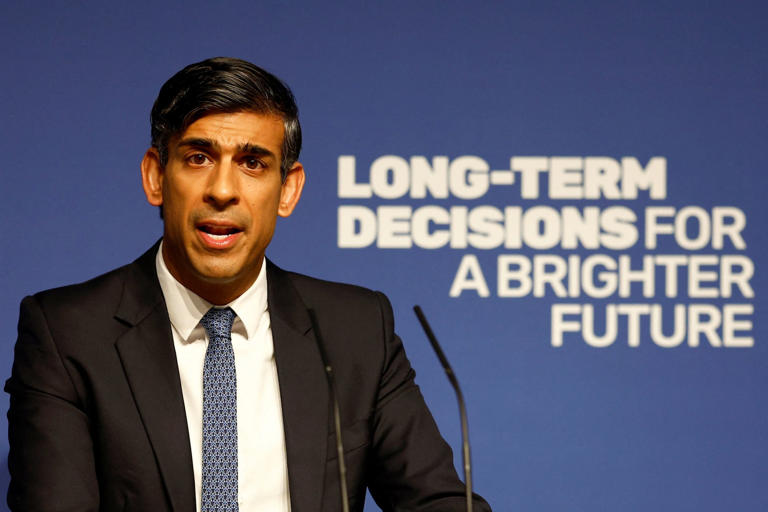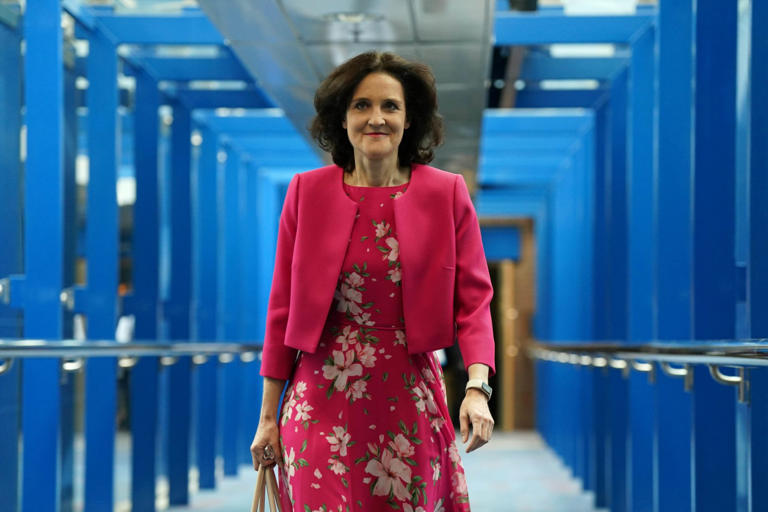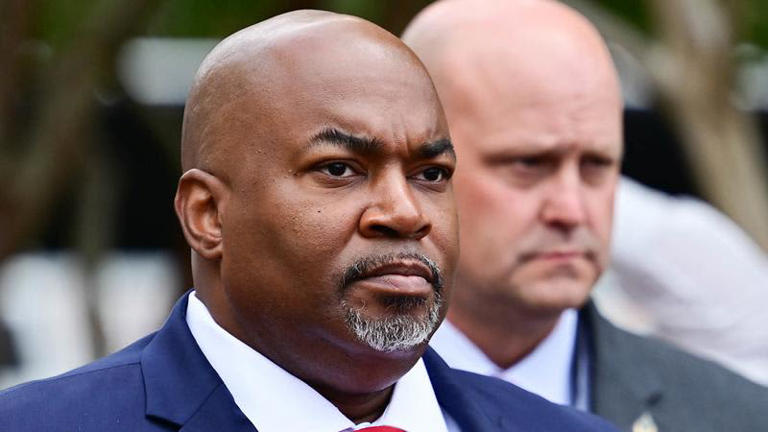China has sent its youngest-ever astronaut crew to the Tiangong space station
Story by By Marc Stewart, Mengchen Zhang and Nectar Gan, CNN
When China’s first astronaut Yang Liwei blasted off into space in 2003, it was a history making moment that declared his country’s arrival as an emerging space power.
Two decades on, China has become a major presence in space – a status that mirrors its growing economic, political and military ascendency on Earth. It now has its own permanent outpost in orbit – a fully operational space station – and routinely rotates crews to live and work there.
On Thursday, three Chinese astronauts lifted off on the Shenzhou-17 spacecraft from the Jiuquan Satellite Launch Center deep in the Gobi Desert, heading for the Tiangong space station for a six-month stay.
They are the youngest crew China has ever sent to space – with an average age of 38. Among their tasks on board is to repair the solar panels that were damaged by space debris – the first time Chinese astronauts will carry out repair work outside the station.
This is China’s sixth manned mission to its space station since 2021. The new crew will take over from the Shenzhou-16 astronauts, who have been onboard since May.
Since his own trip to space, Yang has sent off many Chinese astronauts on their missions. But Thursday’s launch was especially emotional, coming just days after the 20th anniversary of his own historic flight.
“Looking at this launch as a veteran, the first thing I see is how far China’s manned spaceflight has come. Over the past 20 years, it has developed rapidly and made great achievements,” Yang told CNN at the Jiuquan center on Wednesday, ahead of the launch.
Completed late last year, the Tiangong – or “heavenly palace” in Chinese – is one of the two space stations currently in orbit. With a lifespan of 15 years, it could become the only one left when the NASA-led International Space Station retires in 2030.
China has already announced plans to expand the Tiangong in coming years, adding three modules to its existing three to allow more astronauts to stay abroad at the same time. Currently, it can house a maximum of three astronauts, compared with seven at the ISS.
Yang said he was also thrilled to see a younger generation of Chinese “taikonauts” taking up the baton. “In them, I see the strength of our reserve force, and the hope for the future development of China’s aerospace industry,” he said.
Two of the Shenzhou-17 crew members – Tang Shengjie, 33, and Jiang Xinlin, 35 – are new comers, having joined China’s third batch of astronauts only a little over three years ago.
They are led by Tang Hongbo, 48, who hails from the country’s second batch of astronauts.
Tang, a former fighter jet pilot, was on China’s first crewed mission to its space station in 2021. His return to the Tiangong also set a new record for the shortest interval between two spaceflight missions by Chinese astronauts.

Chinese astronauts Jiang Xinlin, Tang Shengjie and Tang Hongbo,
who will carry out the Shenzhou-17 spaceflight mission, at the
Jiuquan Satellite Launch Center on October 26.
- VCG/Getty Images© Provided by CNN
China’s space ambition
Tiangong has become a symbol of China’s ambition and capabilities in space, after Chinese astronauts were shut out of the ISS, a US-led collaboration with Russia, Europe, Japan and Canada, for more than two decades.
Since 2011, NASA has been effectively banned from cooperating with China, after Congress passed the Wolf Amendment due to espionage-related concerns. That exclusion has at least in part spurred Beijing to build its own space station.
China has sought to open up its station to collaboration with international partners, including by hosting experiments from other countries. And that offer will be all the more appealing after the ISS retires, which is scheduled around 2030.
Leroy Chiao, a former NASA astronaut and ISS commander, said NASA has contracted with different private groups to create commercial space stations that its astronauts could operate in. But “we’ll have to see how all that goes,” he told CNN.
“The other nations that participate in spaceflight, particularly human spaceflight, they’ve been talking to China. And so if they’re the only game in town, that’s the only way that these companies or these countries can participate in human spaceflight, until we get these commercial space stations that are partially funded by NASA into orbit and operational,” Chiao said.
Beijing for years has been leveraging its rising prowess as a global space power to offer partnerships and development opportunities to other countries.
As China and the United States intensify their economic, technological and geopolitical rivalry on earth, space has become a natural extension – and crucial frontier – in their great power competition.
Following the demise of the Soviet Union’s space program, the US has enjoyed a period of unparalleled leadership in space. But in recent years, US observers and politicians have warned that America’s dominance could soon be challenged by China’s fast-growing space capabilities.
That concern has only deepened with a series of important and high profile Chinese achievements.
In 2019, it became the first country to land on the far side of the moon. A year later, it successfully put into orbit its final Beidou satellite, setting the stage to challenge the US Global Positioning System (GPS). And in 2021, it became the only country after the US to put a functioning rover on Mars.
China’s ambitions do not end there. Next year, it plans to bring back the first samples ever collected from the moon’s far side. By the end of this decade, it wants to send astronauts to the moon and build an international lunar research station. A number of countries have reportedly joined onto its planned lunar station, including Russia, Venezuela and South Africa.
Chiao, the retired NASA astronaut, said the main challenge now facing China’s space program is to get the operational experience that an organization like NASA has.
“We’ve been operating spacecraft, space shuttle, space station for decades. And we have so much experience and know-how on training astronauts on operating in space – and that’s where they’re playing catch up,” he said.
For more CNN news and newsletters create an account at CNN.com
















